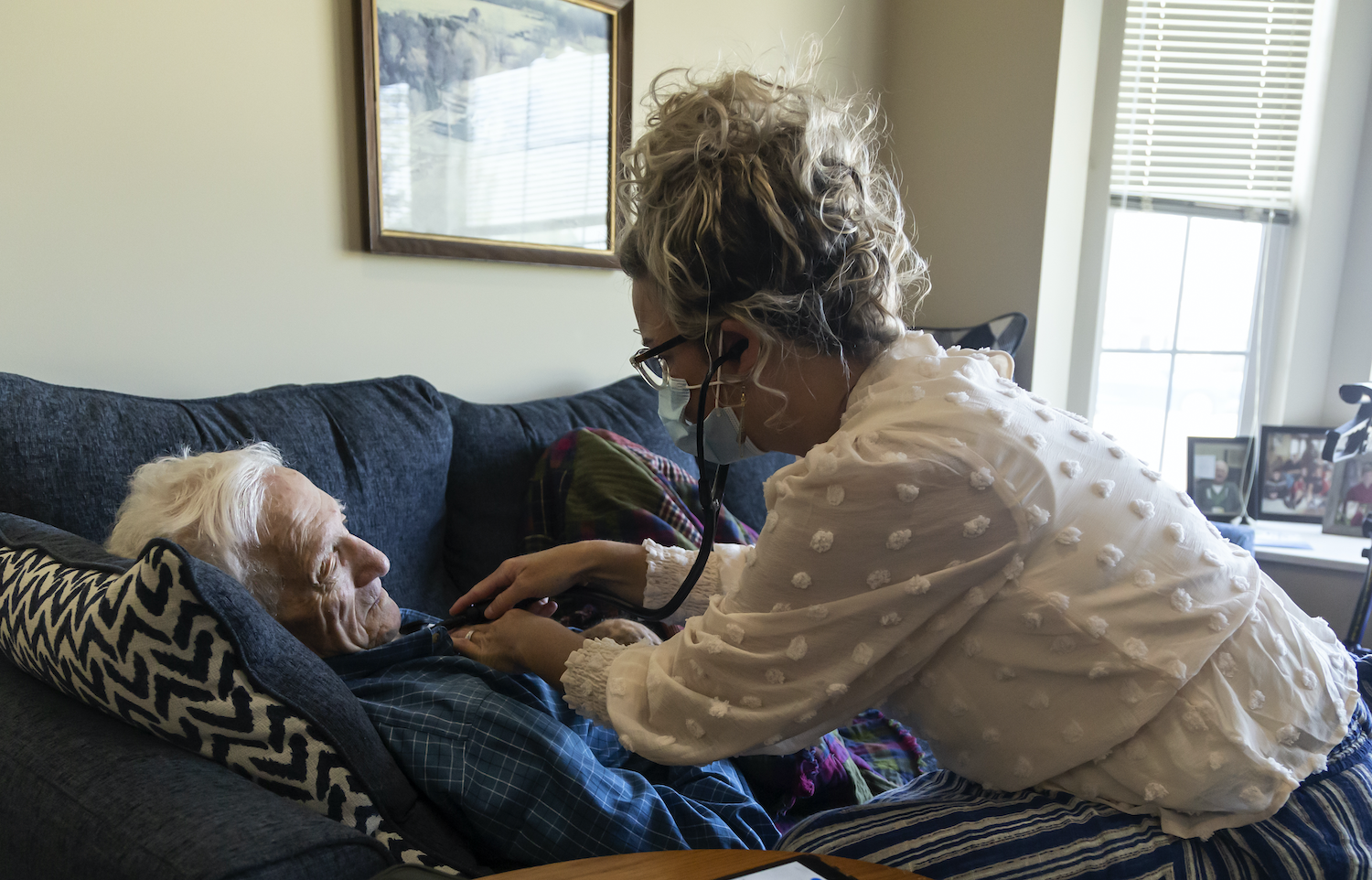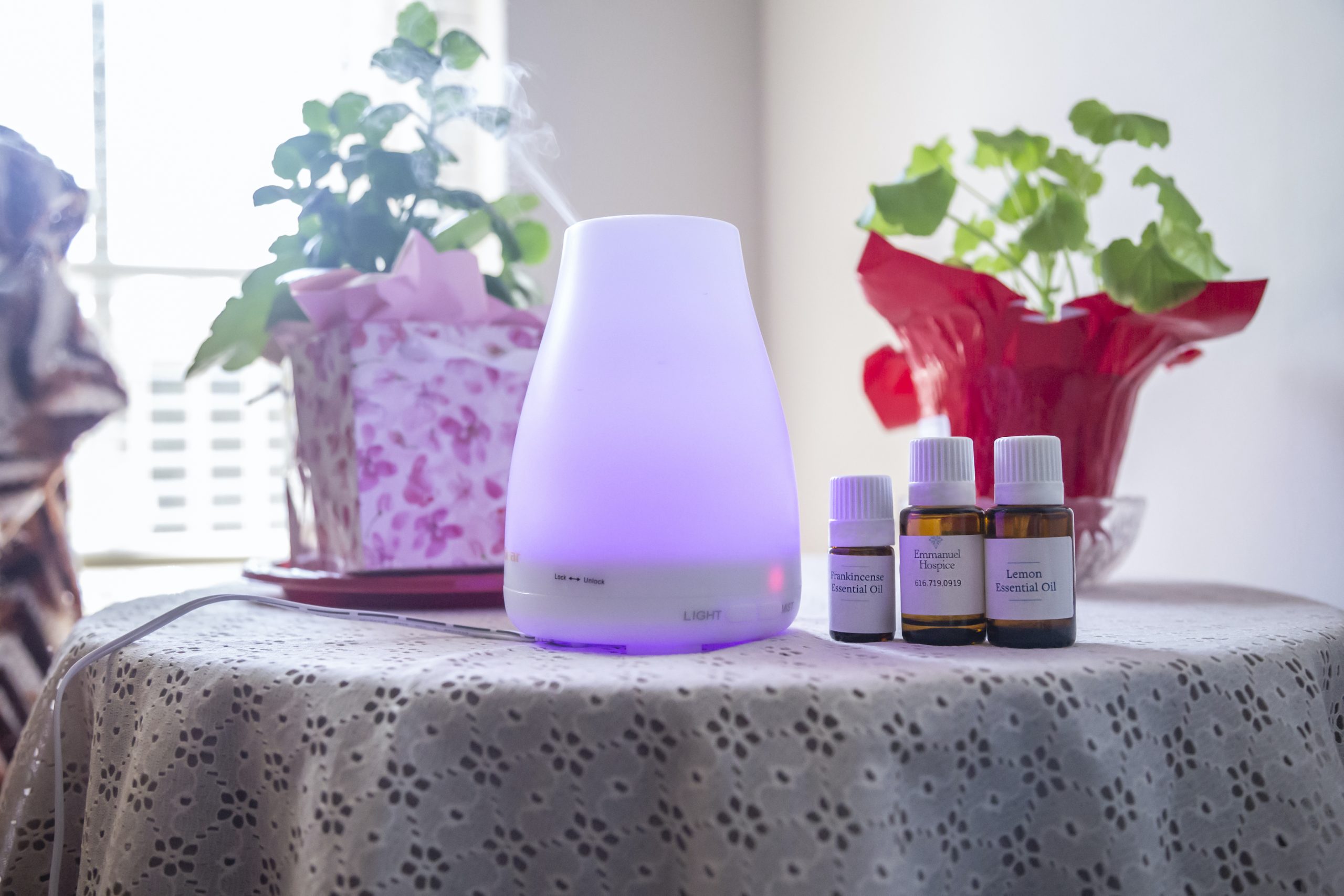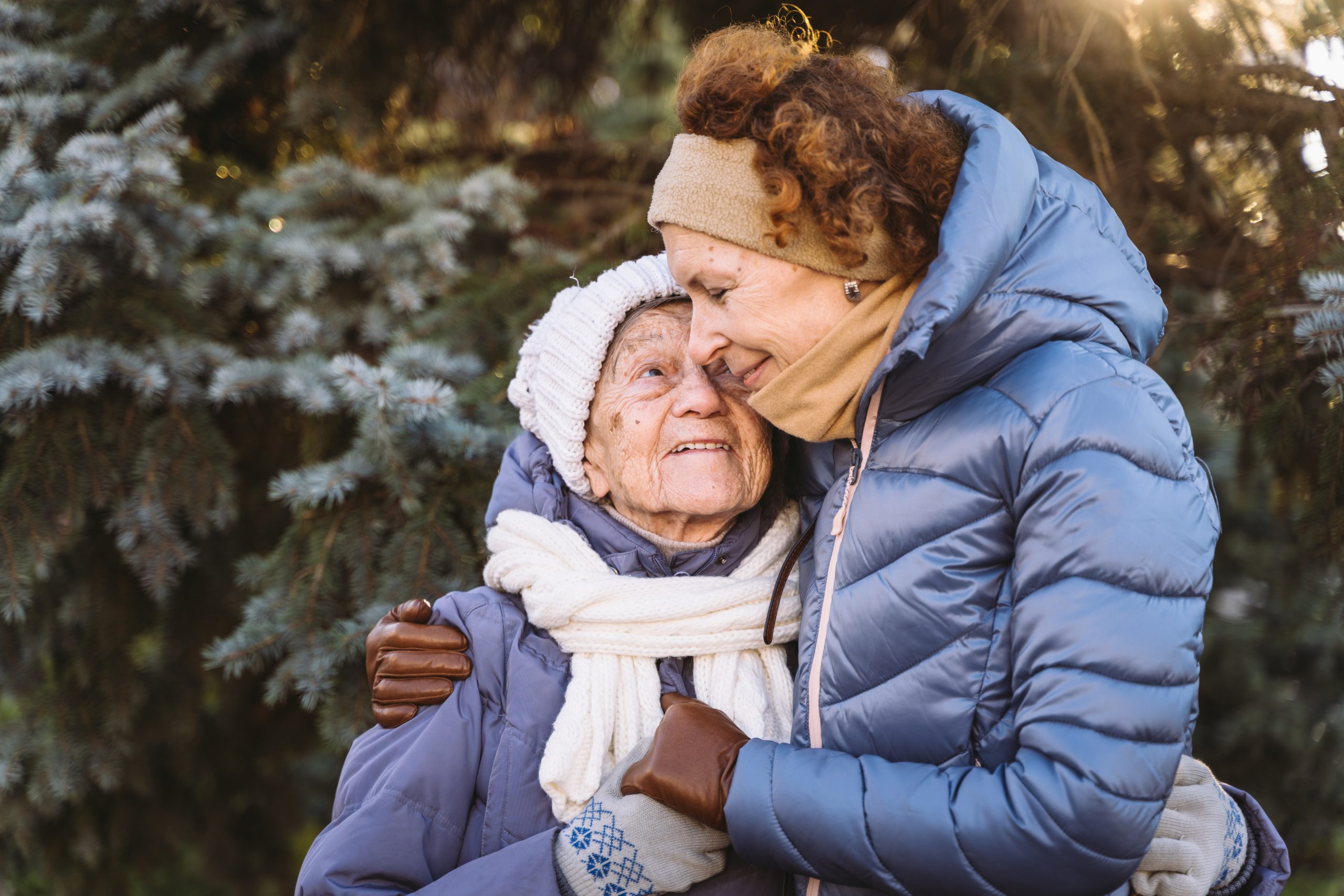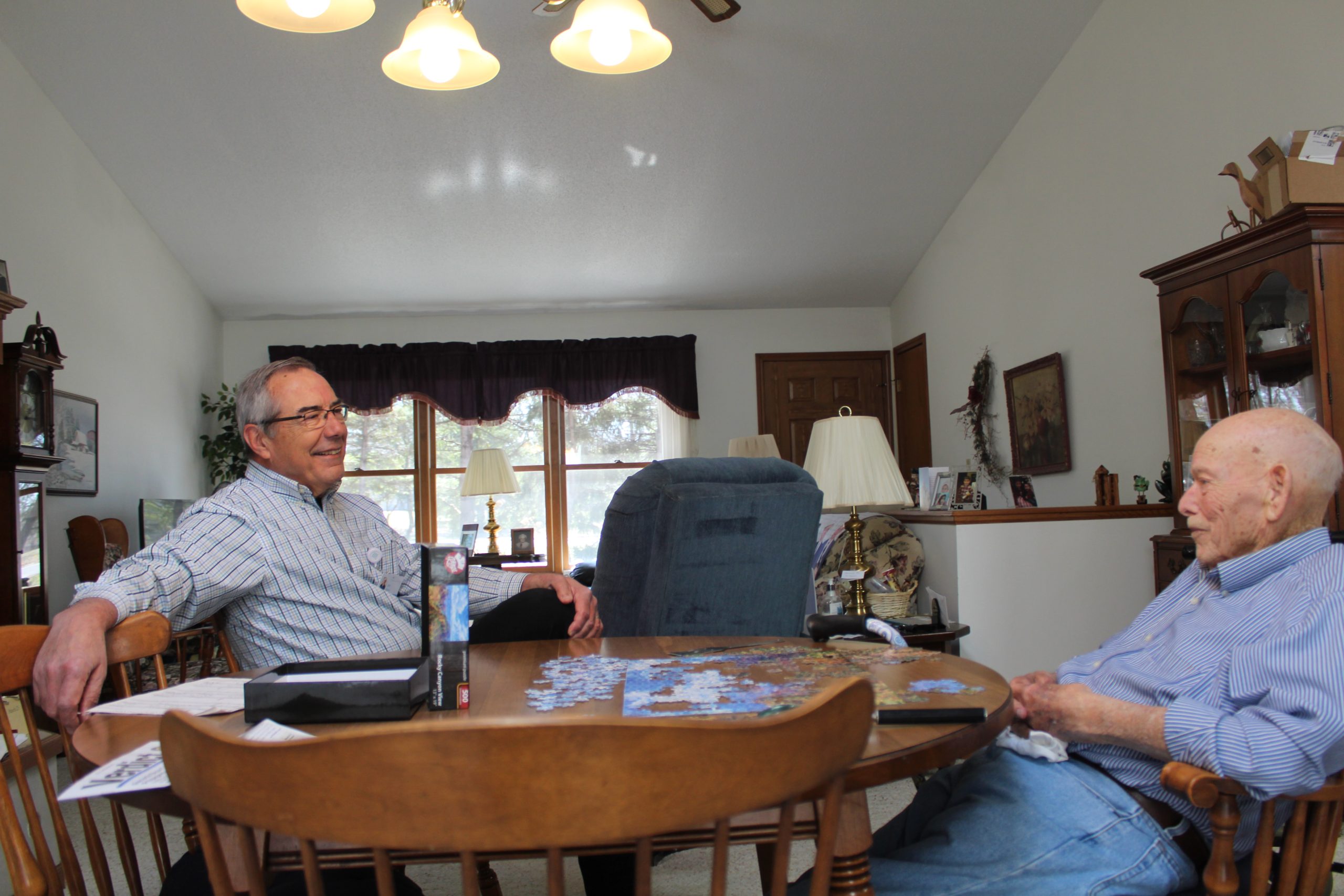Two sobering facts to consider: One, that heart-related disease is the leading cause of death among U.S. adults. And two, that hospice care is vastly underutilized by that very population.
“There’s a big gap,” says Melissa Page, director of clinical services at Emmanuel Hospice. That’s why she and her colleagues have been aggressively advocating for more education and awareness revolving around Emmanuel’s Heart & Soul Advanced Cardiac Program.
It’s a toolkit of sorts, linked in with a program developed by the National Partnership for Healthcare and Hospice Innovation in collaboration with the American Heart Association. The goal is to ensure patients with heart disease and their loved ones are well informed so symptoms can be managed safely at home, reducing trips to the ER or hospital.
A mainstay of the collaboration is a 32-page Advanced Cardiac Care Guide, which includes valuable information on everything from recognizing symptoms to dietary recommendations. Many patients living with end-stage heart disease are burdened by visits to the doctor’s office, emergency room and hospital due to breathing difficulties, edema, fatigue and other worsening symptoms.
Such exacerbations can often be prevented or managed by hospice and palliative care, says Julie Chambers, a nurse case manager for Emmanuel.
“With hospice care, it’s more about providing comfort,” Chambers says. “And that can mean fewer visits to offices and more time with family enjoying a higher quality of life while still collaborating with a cardiac team to treat anything from breathing issues to swollen limbs to fluctuations in weight and appetite.”
“We’re seeking ways to include people already involved with the patient’s care, while also folding in all the services our organization provides,” Page adds.
To that end, Chambers and Page and other team members at Emmanuel Hospice are constantly looking for ways to help make cardiologists and other professionals aware of the benefits hospice can provide.
“When hospice care is part of the formula, we see lower anxiety levels, less fear of the unknown and fewer feelings of helplessness,” Chambers says. “It’s all part of putting the patient at ease, a different culture of care.”
Support might include regular visits from Emmanuel Hospice experts, and can extend beyond traditional care to complementary therapies and services involving everything from massage to music to essential oils.
Chambers and Page emphasize that people affected by cardiac disease either personally or through a loved one can reach out with questions at any time, even if they’re not experiencing end-stage symptoms.
“Death doesn’t need to be imminent,” Page says. “It’s OK to simply call and say, ‘I’d like to know more about this.’”
“It’s also important for people to know that they’re not ‘giving up’ when they reach out to us,” adds Chambers. “We’re fighting against that stigma, that ‘If I’m going on hospice, I’m giving up.’ No. You’re choosing what you want, and we’re here to honor that choice.”
For more information about Heart & Soul, visit EmmanuelHospice.org/cardiac-care.



